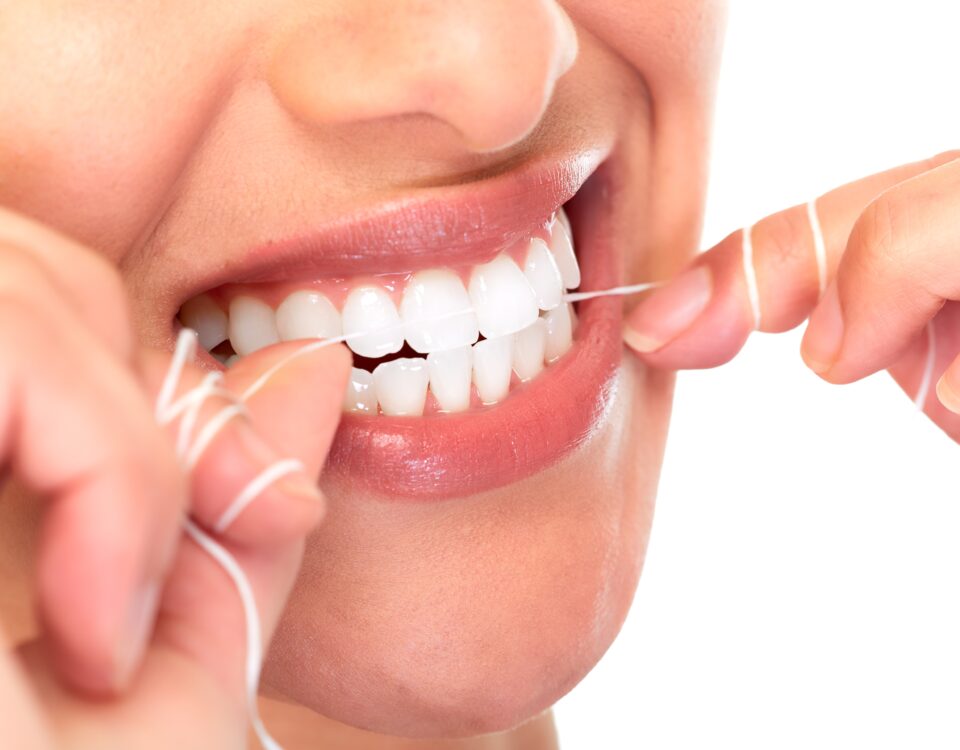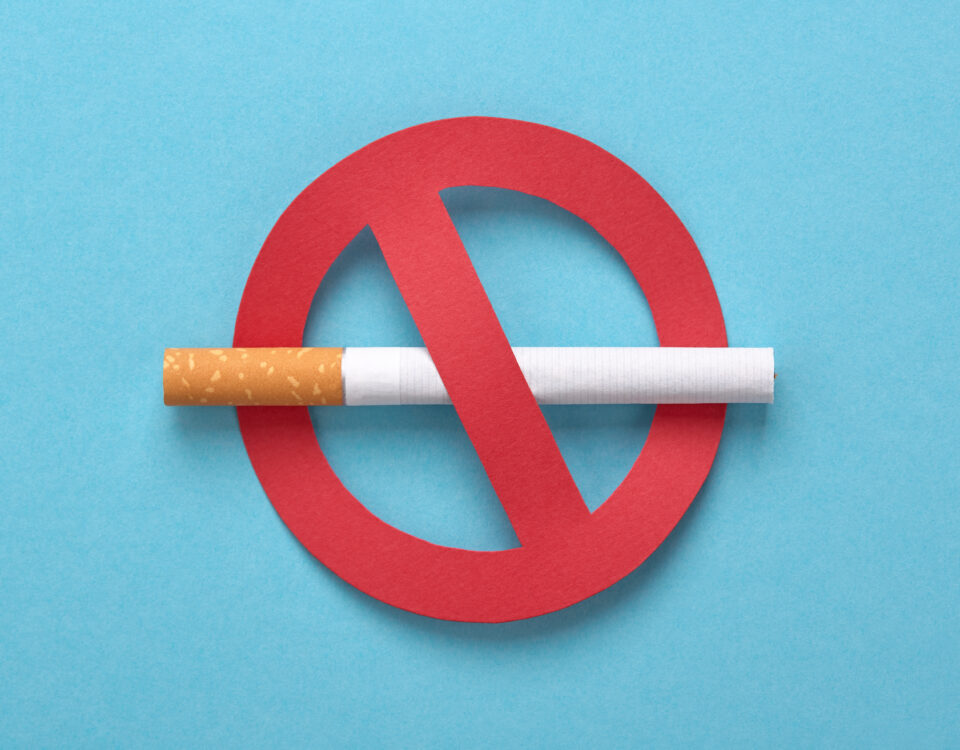Frequently Asked Dental Questions
Why You Should Have a Clean Mouth
September 5, 2018How Do Dental Implants Work?
September 7, 2018Frequently Asked Dental Questions
Dentists see countless patients each year, all of which have dental questions. Many of those questions have to do with cavities and how a patient can take better care of their teeth and gums. Learn what some of the most frequently asked dental questions are (and their answers)!
Why Should I See My Dentist Every Six Months?
Tooth decay likes to fly under the radar until it has reached a level of “no return.” By the time you have noticeable symptoms, your tooth health is in real peril. This is why it is important to visit your dentist every six months for responsible preventative care and oral maintenance.
The American Dental Association (ADA) recommends a dental exam and cleaning at least every six months to keep the mouth healthy. Every patient has different needs which is why the ADA states that exam frequency should be determined by the dentist so that it corresponds with current patient oral health status and health history. Yes, some patients will need more frequent exams and cleanings than others.
Sadly, an estimated 100 million Americans don’t go to the dentist on a yearly basis, according to ADA. Most severe dental conditions can be avoided by committing to regular oral care and evaluation.
What are Signs and Symptoms that my Oral Health may be in Jeopardy?
- A sore or area that doesn’t heal. Ulcers, sores, or tender areas in the mouth can indicate a number of health conditions. Not all of them just affect your teeth and gums.
- Swollen or bleeding gums. No, blood in the sink is NOT okay. Healthy gum tissue should not bleed (unless you are brushing too hard). Most often, bleeding gums is a sign of gum disease or gingivitis–both are conditions that can lead to tooth loss and serious issues that could impact your total body wellness. Don’t ignore bleeding gums!
- Chronic bad breath. A symptom of dental cavities and gum disease, bad breath can be more than just a social issue. If it is determined that your bad breath is NOT linked to these conditions, Dr. Bockrath can give you some suggestions to treat your bad breath symptoms.
- Sensitivity to Hot or Cold. Dental abscess, where an tooth infection has impacted a tooth or gum, is a serious issue and can manifest as a sensitivity to cold or hot temperatures. (Or to sweets!) Other symptoms of dental abscess include a severe toothache, fever, facial swelling, pain or tender lymph nodes under your jawline or in your neck. If left untreated, the infection can spread throughout your body and even become life threatening.
What Happens During a Routine Dental Exam?
During a routine dental exam, Dr. Bockrath isn’t just looking for cavities. A typical dental exam will cover the following areas:
- Noting any visual evidence of tooth decay
- Seeing if you have any broken teeth
- Investigating damage to fillings
- Inspecting any dental appliance you have
- Taking Digital X-rays
- Evaluating the gums
- Probing for signs of gum disease
- Looking for loose teeth
- Examining the tissues inside of your mouth
- Assessing the health of your tongue
- Measuring your bite (occlusion)
Surprised by how much an exam covers? Most patients underestimate all that is going on in their mouths! Beyond these areas, Dr. Bockrath will also look for evidence of tooth grinding or problems with the temporomandibular joint (which connects the lower jaw to the skull). He will also examine your neck, lymph glands, palate, and the soft tissues of your mouth (cheeks, tongue, lips, and floor of the mouth) for signs of infection or oral cancer.
What do the Credentials DDS and DMD Mean?
When shopping around for a dentist, you will come across some doctors that have a DDS following their name and others with DMD. What is the difference? Both credentials mean that the dentist graduated from an accredited dental school. The DDS (Doctor of Dental Surgery) and DMD (Doctor of Dental Medicine) are the same degrees. Dentists who have a DMD or DDS have the same education. The level of education and clinical training required to earn a dental degree, and the high academic standards of dental schools are on par with those of medical schools.
After finishing dental school, dentists must pass both a rigorous national written exam and a state or regional clinical licensing exam in order to practice. In order to keep their licenses, they must meet continuing education requirements for the remainder of their careers so that they stay current on the latest scientific and clinical developments.
What Should I Look for in a Dentist?
Your dentist-patient relationship is a personal one. During the process of choosing a dentist for yourself or your family, schedule an appointment to meet the dentist prior to treatment so you can see if he or she would be a good fit for your personality and needs. Beyond this, the ADA offers the following checklist for choosing a dentist:
- Is the appointment schedule convenient for you?
- Is the office easy to get to from your home or job?
- Does the office appear to be clean, neat and orderly?
- Was your medical and dental history recorded and placed in a permanent file?
- Does the dentist explain techniques that will help you prevent dental health problems? Is dental health instruction provided?
- Are special arrangements made for handling emergencies outside of office hours? (Most dentists make arrangements with a colleague or emergency referral service if they are unable to tend to emergencies.)
- Is information provided about fees and payment plans before treatment is scheduled?
- Is your dentist a member of the ADA? All ADA member dentists voluntarily agree to abide by the high ethical standards reflected in the member code of conduct. You and your dentist are partners in maintaining your oral health. Take time to ask questions and take notes if that will help you remember your dentist’s advice.
How can I Avoid Cavities?
Regular dental checkups help to ensure the health of your teeth and gums while eliminating plaque buildup and the prevention of tooth decay. Other tried-and-true tips for avoiding cavities include: regular brushing and flossing, make nutritious food choices, changing out your toothbrush regularly, using an ADA approved toothpaste, investing in dental sealants, skip the soda, and keep your stress level down–yes, stress can affect oral health!
Call for a Dental Health Consultation– Get Your Dental Questions Answered!
Mountain Aire Dentistry offers comprehensive care for your dental needs in a relaxed and efficient atmosphere. Let us answer your dental questions personally. We are conveniently located at 291 E Flatiron Crossing Dr in Broomfield, CO, 80021 with easy access from both Erie & Centennial. Our goal is to provide quality dental care for you and your family through the use of the latest equipment and the most current technology.
When you visit our Broomfield dental office, your smile is our top priority. Our Dentists invite you to experience the difference a warm and caring team can provide for you and your family. Enjoy a unique and comfortable dental experience designed to bring a healthier and happier smile back into your life. We invite you to call or visit our Broomfield dental office and discover the exceptional difference we offer to those we serve.













